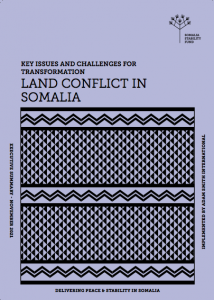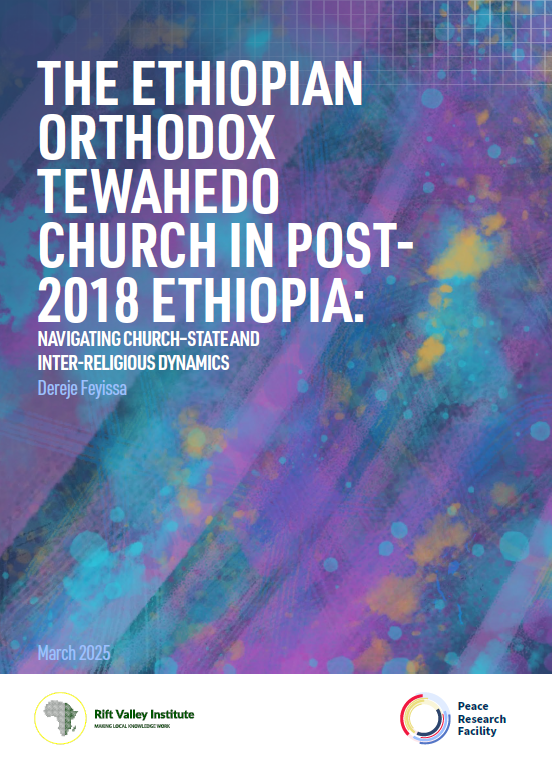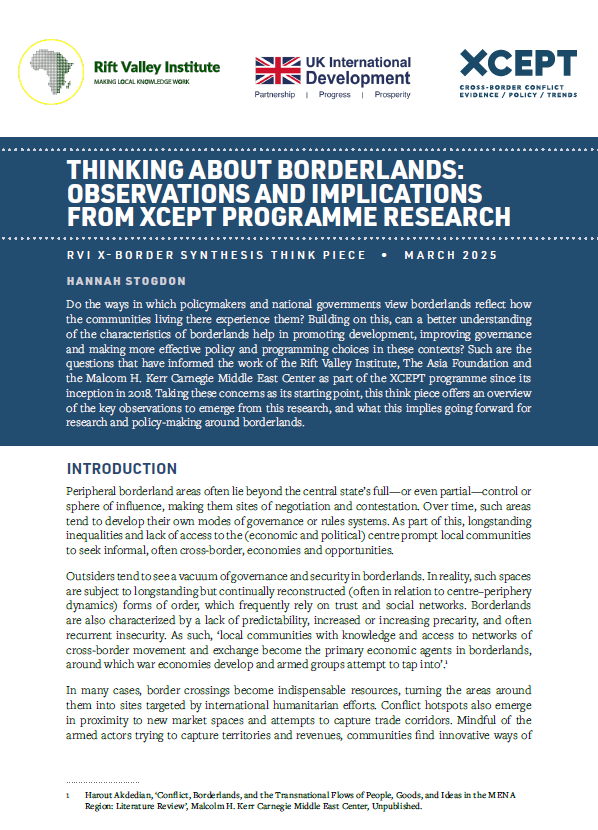This briefing paper–part of a larger report–was commissioned by Somalia Stability Fund (SSF) with the aim of conducting a comprehensive literature review on land conflict in Somalia. The report was motivated by two factors: first is the desire to ascertain greater information and analysis that could help inform future programming and policy decision making; secondly, it is driven by the knowledge that the constitutional requirement for a land act has to date gone unfulfilled, thus rendering a substantive legislative gap that makes land conflict, among many other reasons, salient. This analysis seeks to bridge the gap between the vast relevant academia and the seeming lack of programmatic solutions.
Land conflict in Somalia is shaped by—and has shaped—the historical trajectory of the country. In particular, the land management and agricultural development policies of the Siad Barre regime are key drivers of the dynamics of current land conflict. Not only did the policies disrupt the functioning of traditional frameworks for land governance, they also planted the seeds for the clan-based mobilization of political power and institutions in contestation for land rights evident in Somalia today.
This history and these dynamics determine the practice, policy, and institutional options available to the country in seeking to design appropriate frameworks and mechanisms for land conflict transformation. A critical challenge in designing an appropriate framework for land conflict transformation in Somalia relates to managing the legal pluralism that characterizes land governance and management. While most published research prioritizes the role of formal institutions and mechanisms, this research also confirms the continued relevance of traditional and religious frameworks, while noting that their effectiveness is increasingly undermined by the power imbalance borne out of long-term violent conflict.
Read the full World Bank report here.



